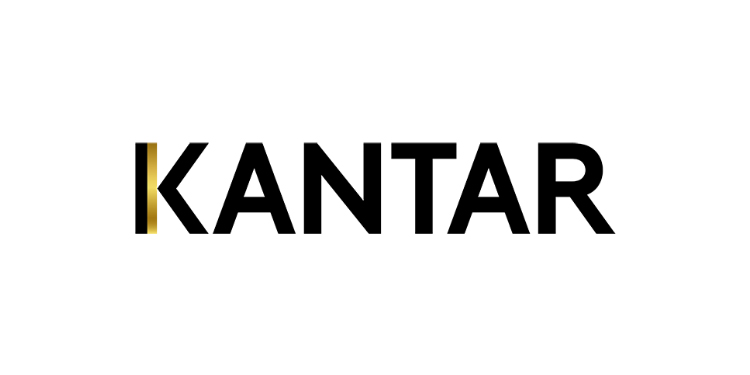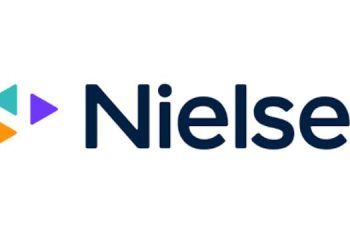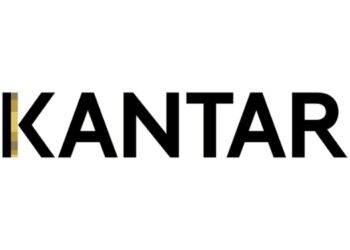In the recently released data from Kantar’s Global Issues Barometer, Kantar has found that the invasion of Ukraine remains the top concern of people in India followed by economic worries and the cost-of-living crisis. Asked to spontaneously share their concerns, 37% of people mentioned the war, followed by 29% mentioning economic issues, as their top concerns currently. Climate and environmental issues have also emerged among top 3 concerns. Covid-19 is no longer seen as a pressing issue like rest of the world, except in China where lockdowns are just lifting.
Kantar’s Global Issues Barometer study is a detailed analysis of 800 people’s attitudes in India contrasted to 11,000 people across 19 countries (representing 68% of global GDP) as they strive to adapt to the tempest of global events. The study asked open-ended questions to understand peoples’ real opinions and used Kantar’s TextAI technology to understand and analyse the responses.
The war in Ukraine is currently the biggest concern in India like every geographic region surveyed. As expected, the concern is much lower than the European counterparts. There is a high correlation between concern and proximity. 64% of people across the Globe mentioned the war as a concern while only one in three of India’s (37%).
The cost-of-living crisis is #2 on people’s minds. Price increases in fuel, food & drink and household bills have been noticed the most. Compared to the world, Indians feel the pinch of price increase on White Goods more.
While 35% of the population report their household financial situation is deteriorating, 46% believe the general economic outlook of their country is negative right now. People are struggling to meet their living costs, with 32% of households experiencing difficulties meeting their monthly outgoings and 11% unable to meet their commitments. The problem looks set to continue, a further 71% of people believe inflation will continue to rise even further.
But there is sliver of hope as two third of people in India feel secure in their jobs and expect pay rise that will match inflation.
Climate inaction is causing remarkably high levels of distress with more than half of people experiencing eco-anxiety.
Two-thirds of the population believe businesses have a responsibility to solve the climate crisis, while 84% of consumers want to buy environmentally sustainable products but need brands to do more work on affordability.

Discussing the findings, Soumya Mohanty, Managing Director, South Asia, Insights Division, Kantar, observed, “The current tempest of global events is affecting long-term plans as well as short-term behaviour of Indians. Beyond making cutbacks on general expenditure, people are rationalizing their future savings and working harder.
Luxury goods, entertainment and holidays look likely to be the sectors to suffer next. Almost half of households (41%) are considering economizing subscriptions to entertainment subscriptions- one industry that did well during the pandemic. Longer-term, almost three fourth of people say the current turmoil is impacting their big life plans; saving for big future life events (47%), children’s education (27%) and retirement plans (24%). So, the impact of this crisis lies in the future as much as in the present and can influence not just financial but also emotional well-being. Brands must therefore recognize what matters in people’s lives and examine brand’s relevance in supporting people overcome these challenges”

Deepender Rana, Executive Managing Director, South Asia, Insights Division, Kantar, added, “Brands that can offer Green Affordable Solutions are likely to be favoured and become mainstream. With inflation rocketing, in their daily lives, consumers are considering solutions that can help reduce energy and fuel expenditure. They expect brands to do the same and be more efficient, while simultaneously raising the bar on ethical production. If anything, the cost-of-living crisis has reminded people that green products/services shouldn’t come at a premium. Insights from Kantar’s Global Issues Barometer can help brands and businesses understand how to navigate during these uncertain and fast changing times”.

















